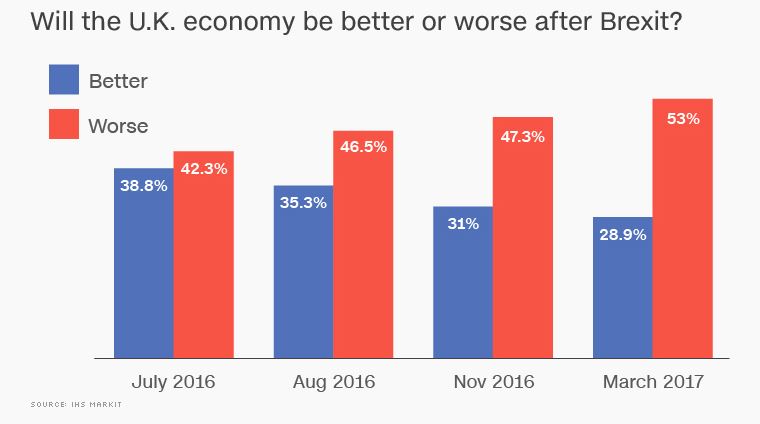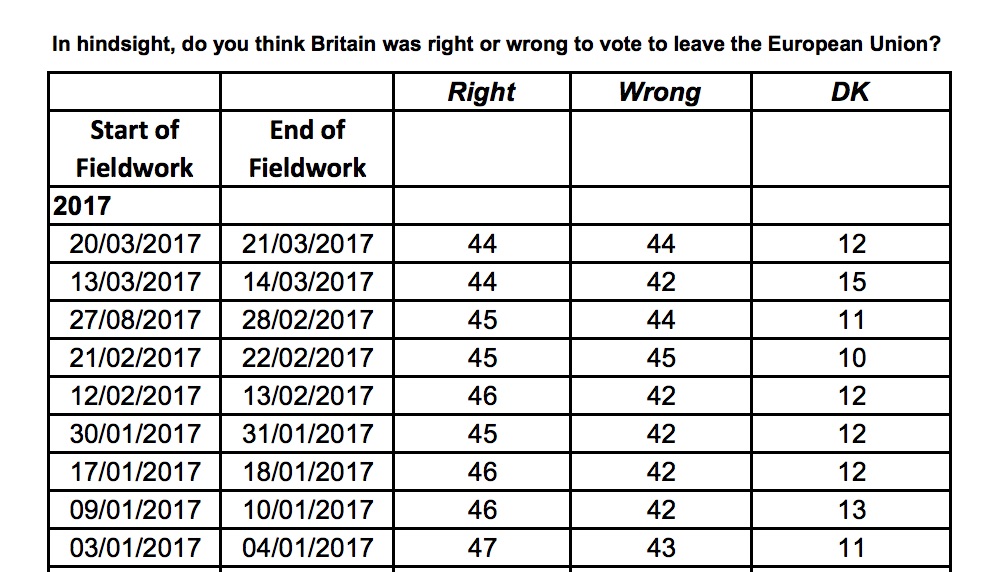For example, in his Newsday column of June 7, 1990:
Suddenly, we have all these prudent, responsible bankers, loan papers crackling in their frightened hands, chasing madly after Donald Trump for money. It seems like great sport, but I must tell you that I believe this to be temporary and that Trump, no matter what kind of a crash he experiences now, will come back as sure as you are reading this. I now will tell you why.
Trump survives by Corum’s Law. This is a famous, well-tested theory and is named after Bill Corum, who once wrote sports for the Hearst papers when they were in New York. He had a great gravel voice and did radio and television announcing for the World Series and heavyweight championship fights.
Corum went on to run the Kentucky Derby on the invitation of local businessmen who were alarmed that the event had acquired a sleazy reputation. People who came to the race were routinely fleeced by hoteliers, touts and whores. Corum’s genius, according to Breslin, was that he understood that this was a feature, not a bug.
Corum glanced at the [newspaper] clips and threw them in the air. “This is great. There is nothing better for a championship event than a treacherous woman. If a guy from North Dakota goes home from here after the race and has to be met because he doesn’t even have cab fare left, that guy is going to say to himself, ‘Wow. I must have had a hell of a time. I can’t wait for next year.’ But if that same guy goes home and he still has half his money, he is going to say ‘I guess I didn’t have such a great time at the Kentucky Derby after all.’
“Because, gentlemen, this is the rule. A sucker has to get screwed.”
This is Corum’s Law and the one person who has understood it best is… Donald Trump. For years, the suckers he screwed were bankers, City planners and journalists. Now he’s playing for much bigger stakes, and the suckers are the unfortunate inhabitants of the United States.


